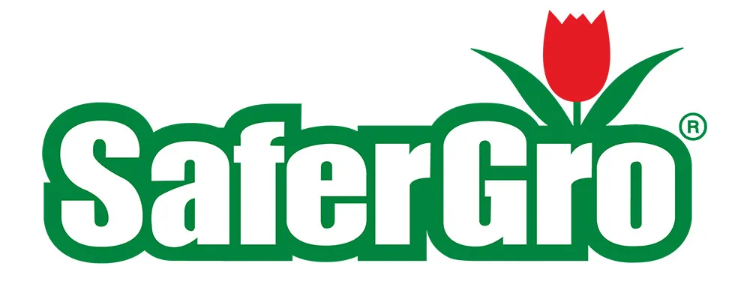¡Términos comunes de jardinería que debes conocer!
Como principiante, hay mucha información sobre jardinería que procesar. Hay términos específicos que se utilizan en la jardinería y todo puede empezar a confundirse. ¡No dejes que esto te abrume! Aquí tienes una lista de términos con los que debes familiarizarte como jardinero principiante.
PLANTAS ANUALES: plantas que completan su ciclo de crecimiento, desde la germinación hasta el crecimiento completo, en un año.

INSECTOS BENEFICIOSOS : insectos que desempeñan un papel beneficioso para su jardín. Estos insectos pueden polinizar o comer plagas. Para obtener más información, puede hacer clic aquí para obtener una lista de insectos beneficiosos comunes.
PLANTAS BIANUALES: plantas que completan su ciclo de crecimiento, desde la germinación hasta el crecimiento completo, en dos años.

CULTIVO COMPAÑERO : organizar plantas específicas juntas para que se beneficien mutuamente. ¡Tenemos nuestra guía en la que puede hacer clic aquí para obtener más información!

COMPOST : abono casero que utiliza materia orgánica. Haz clic aquí para ver nuestro artículo dedicado al compost y al mantillo.

TOLERANTE A LA SEQUÍA: plantas que pueden sobrevivir con poca ingesta de agua y prosperar en ambientes similares a la sequía.

RESISTENTES A LAS HELADAS: plantas que pueden sobrevivir en climas fríos o heladas. Esto se aplica a ciertas plantas que es mejor plantarlas durante la temporada de invierno.
SENSIBLE A LAS HELADAS: plantas que no pueden sobrevivir a las heladas, lo que puede provocar daños por heladas o morir en temperaturas extremas.

TOLERANTE AL CALOR: plantas que pueden sobrevivir en condiciones climáticas cálidas.
MANEJO INTEGRADO DE PLAGAS (MIP): método de jardinería que utiliza prácticas orgánicas y sostenibles para minimizar los problemas de salud y ambientales. Su objetivo es encontrar un enfoque totalmente natural antes de recurrir a productos o métodos químicos.
MICRONUTRIENTES: nutrientes que se encuentran en el compost y la materia orgánica y que son esenciales para el crecimiento de las plantas. Entre estos elementos se encuentran el boro, el cloro, el cobre, el hierro, el manganeso, el molibdeno y el zinc.

MULCH: materia orgánica que se utiliza para cubrir la superficie del suelo y aportar humedad. Para más información, haz clic aquí.

NATIVA: plantas que crecen naturalmente en una región específica. Puede obtener más información sobre las plantas nativas de California haciendo clic aquí.
NPK: abreviatura de tres macronutrientes esenciales que se encuentran comúnmente en los fertilizantes. Los tres elementos son nitrógeno, fósforo y potasio.

PERRENAL: plantas que completan su ciclo de crecimiento, desde la germinación hasta el crecimiento completo, en más de dos años.
PH : escala de 0 a 14 que desglosa el nivel de agua o suelo: ácido, básico o neutro. Esto proporciona información sobre los nutrientes disponibles para las plantas y la actividad de los microorganismos en el suelo.

POLINIZADOR: organismo que traslada el polen de una planta a otra.

PODAR: quitar partes específicas de la planta con fines de jardinería o paisajismo. Estas partes de la planta incluyen ramas, brotes o flores.

TRASPLANTE/TRASPLANTE: trasladar una planta en crecimiento a un espacio diferente (contenedor, huerto, jardín, etc.).
Esta lista puede asustar a algunas personas, pero es importante tener una idea general de lo que significa cada término. Algunos de estos términos pueden resultar útiles para su jardín. ¡Marque este blog como favorito para consultarlo!
Compartir
